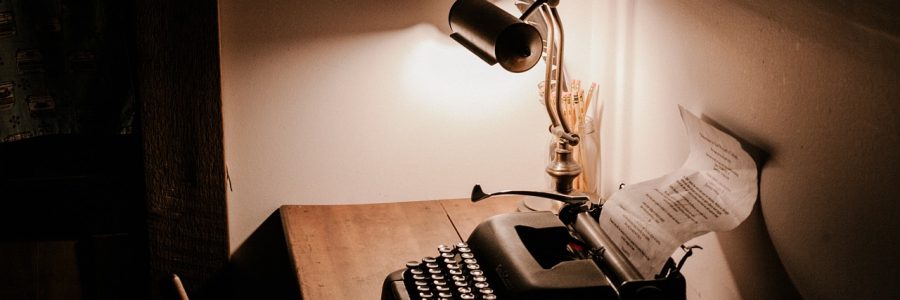Ruth E. Walker
At night, when the objective world has slunk back into its cavern and left dreamers to their own, there come inspirations and capabilities impossible at any less magical and quiet hour. No one knows whether or not he is a writer unless he has tried writing at night.
H.P. Lovecraft, early 20th century horror writer
H. P. Lovecraft had a point. There is something magical about writing when the rest of the household is fast asleep. It’s like a space “between” where creativity vibrates just on the edge of sound, and artists of all kinds allow their minds to search the shadows for change and possibility.
Given last week’s post by Gwynn on light, it made me wonder about the ideas, images, stories and characters that arise from turning out the lights and just sitting still in the dim after the sun has set. As I write this, I’m at my cottage where, if we choose, it’s easy to create a natural darkness.

But in the city, unless there’s a power out (as happened during the recent windstorm for much of Ontario and Quebec) a total absence of unnatural light is not possible. Even if you use blackout curtains and line the walls with soundproofing, knowing that beyond those walls artificial light still exists lingers in your mind.

Nonetheless, in the wee hours just past midnight, when traffic lessens and media sources and lighting shut down, the magic still happens. At least it does for me.
Nudging the muse
Some of my deepest and most satisfying writing arrives in that between stage. Is my tired mind more open to my muse? Is the silence charging up my right brain? Are the distractions no longer pulling my attention elsewhere?
- No thanks, honey. I don’t need a cup of tea right now…
- Can somebody let the dog out please…
- Oh sure, I’m happy to chat. Nope. Not busy at all…
…moments from a writer’s life
Maybe some of that sounds a bit familiar, or at least, variations of the theme. Or maybe you live alone, have no family or friends or interests other than writing brilliant prose 24/7. I’m guessing not if you’re reading this blog.
So, besides H.P. Lovecraft, what do others offer us about the gifts found in the dark?
Other voices on darkness
Using the dark as a theme to develop characters, Sarah Maas gives us information on two different characters through one character’s words and the other character’s reaction to those words.
“There are different kinds of darkness,” Rhys said. I kept my eyes shut. “There is the darkness that frightens, the darkness that soothes, the darkness that is restful.” I pictured each. “There is the darkness of lovers, and the darkness of assassins. It becomes what the bearer wishes it to be, needs it to be. It is not wholly bad or good.”
Sarah J. Maas, A Court of Mist and Fury
And before we start thinking that fear of “the dark” is a modern concept, let’s trip back to Ancient Greece and our old friend Plato’s take on it all.
We can easily forgive a child who is afraid of the dark; the real tragedy of life is when men are afraid of the light.
Plato
The Dark as a tool
As Samuel Clemens (Mark Twain) famously said “Everyone is a moon, and has a dark side which he never shows to anybody.” So, too, the most skilled memoirists shed light on that dark side of their lives. Biographers know that no subject can be perfect, so they look for the human being behind the myth.

For writers of fiction, our characters — especially main characters and heroes — benefit from being dipped into the dark.
Here’s an exercise adapted from our workshop vaults. See if it brings a bit more light onto the dark side of your character’s moon:
A moral compass
Imagine a scene in which one of your characters must make a moral choice:
- To kill or set free
- To steal or resist the impulse
- To enter a forbidden place or walk past
Allow your character to make a choice. And then rewrite the scene with them making the opposite choice.
After you’ve given this a try, let us know if you made any discoveries. At the very least, you might have uncovered some secrets your character was holding back.



Thanks for these reminders Ruth. I recall in years past when I wrote late at night time stood still, so much so that only the sunrise awoke the reality of its passing. These days however bedtime informs the limit of my sunset writing, much to the detriment of the ‘brilliant’ story I ventured to tell.
Regards.
Thanks Ray. Of course, never underestimate the power of our imaginations during sleep. We may not be aware of it, but for sure our brains are hard at work in the midnight hours and inspire us when we wake up. It’s one of the reasons many choose to write first thing in the morning — when that brilliant story chooses to resurface.